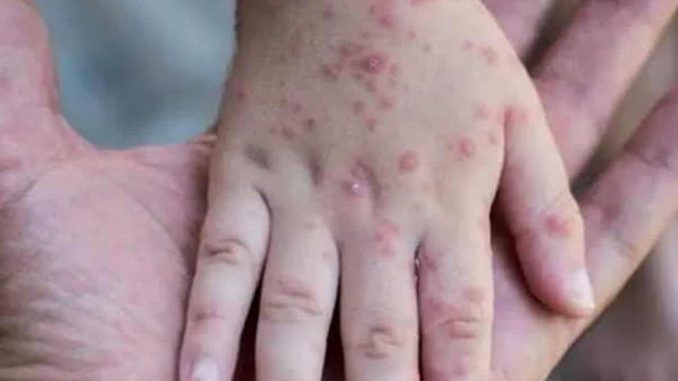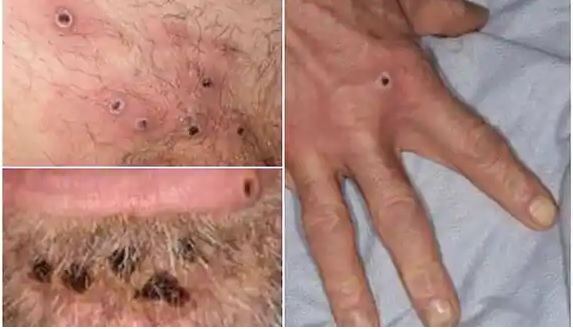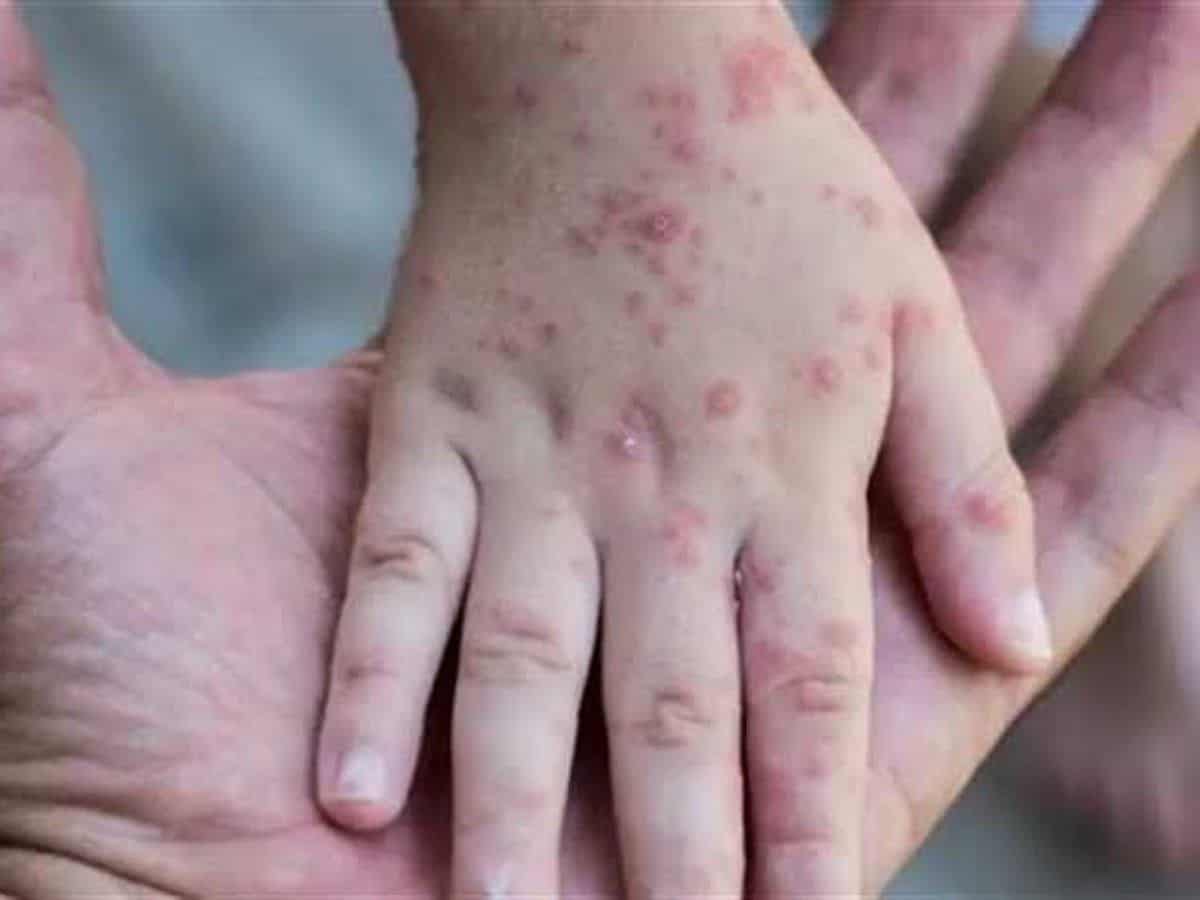
 The immune system weakens as people recover from COVID. Individuals with a history of COVID may be more vulnerable to contracting additional infections.
The immune system weakens as people recover from COVID. Individuals with a history of COVID may be more vulnerable to contracting additional infections.
According to the World Health Organization (WHO), there is no public health emergency of international concern for monkeypox. However, anything is possible. A growing number of countries have reported cases of monkeypox, according to WHO Director-General Tedros Adhanom Ghebreyesus, who called the situation “deeply concerning.” More than 4,100 confirmed cases have been reported around the world, with at least 13 in Australia. The WHO also acknowledged that there were many unanswered questions regarding the outbreak.
In terms of monkeypox, we know three things and still have three questions.
Table of Contents
1. A virus is responsible for monkeypox
The orthopoxvirus family includes the monkeypox virus. Instead of the variola virus, which was thought to only affect humans, monkeypox is now found in Africa.
There are two clades (virus groupings) that we are aware of, and this is the milder one that is currently circulating outside of Africa.
Orthopoxviruses are relatively stable pathogens. However, the virus that is causing the current outbreak has undergone multiple mutations.
There have been at least two different types of Ebola in the United States, which suggests that it came from more than one place.
2. For more than a week, you could be infected and not be aware of it.
A rash that resembles fluid-filled blisters usually appears 8.5 days after infection, with symptoms including swelling of the lymph nodes, a fever, and an enlarged lymph node. People are contagious for two weeks after developing a rash, so they are contagious for the duration of that time.
The disease is more dangerous for children, who are more likely to die from it. The vast majority of deaths in Africa’s endemic countries have occurred in children over the years.
Adult males are the primary victims of the European Ebola epidemic, which may explain why the death rate is so low in those countries.
Vaccines and other treatments are available to those who need them.

Vaccines do work. Previous smallpox vaccination protects 85 percent of people against monkeypox. Most mass vaccination programs came to an end during the 1970s because smallpox was declared eradicated in 1980.
There was never a mass vaccination of smallpox in Australia. About 10% of Australians have been vaccinated in the past. Most of these people are newcomers.
Vaccines have provided protection for many years, but the immune system has weakened. Monkeypox is coming back in Nigeria, which is one of seven places in Africa where it is common. This is probably because there is less protection for the population as a whole.
There is no need for mass vaccinations. Post-exposure prophylaxis can be given to people who have been exposed to a confirmed case as well as those who are at high risk of infection, such as laboratory or healthcare workers (pre-exposure prophylaxis).
Antivirals and vaccines like vaccinia immune globulin are also available as treatment options. To combat the spread of smallpox, these were created.
3. We’d like to find out three things.
1. How important are these new mutations, and what are the implications?
When compared to virus strains found in Africa, the strain that is causing the current outbreak has undergone numerous mutations. Even though these mutations may affect clinical disease and how the virus spreads, we do not know if they have any effect.
In comparison to smaller RNA viruses like influenza and SARS-CoV-2, the monkeypox virus has a much larger genome than the virus that causes COVID.
If the mutations have made it more contagious or changed the clinical pattern to resemble a sexually transmitted infection, experts aren’t certain. A study out of Portugal suggests that the mutations are likely to increase the virus’s ability to spread.2.
2. When and how do people become aware of the disease? Is that something that’s changing?
Until recently, no one had thought of monkeypox as a sexually transmitted infection. In spite of this, the current transmission pattern is rather out of the ordinary. Some cases, but not all, seem to take 24 hours to start to show symptoms after sexual contact.
Because it is a respiratory virus, it could be spread via aerosol. However, in the past, the most common method of transmission was from animal to human. Human-to-human transmission usually necessitates close personal contact.
Human-to-human transmission has been the sole cause of the epidemic’s rapid spread in non-endemic countries in 2022. More cases may exist than those that have been reported.
Whether it is sexually transmitted or transmitted through intimate contacts in specific and globally connected social networks, or if the virus has become more contagious, we don’t know why the pattern has changed.
Although the virus has been found in the skin rash as well as the mouth and semen, this does not necessarily mean that it is transmitted sexually.
3. Is it going to spread? Is COVID a game changer?
Is this going to spread throughout the community? The COVID pandemic may have an effect on the risk. Yes, that’s possible.
Because of a lack of surveillance, neither the LGBTQI community nor the rest of the community should be given a bad name.
Because of waning immunity from the smallpox vaccine worldwide and the spread of monkeypox to many countries, we may see this epidemic spread even further.
The death toll could rise if it does so and spreads to a large number of children, resulting in more severe infections.
In other words, we should keep an eye out for fever and rash clusters and misdiagnoses like chickenpox, hand, foot, and mouth disease, herpes simplex, or other diseases with a rash around the world.
COVID is a third factor to consider. The immune system weakens as people recover from COVID. Individuals with a history of COVID may be more vulnerable to contracting additional infections.
Measles infection is the same. The patient’s immune system will be weakened for the next two to three years, making them more likely to get sick again.
An epidemic could spread to animals outside the endemic areas to make new endemic areas all over the world.
We must do everything in our power to put an end to this pandemic.
